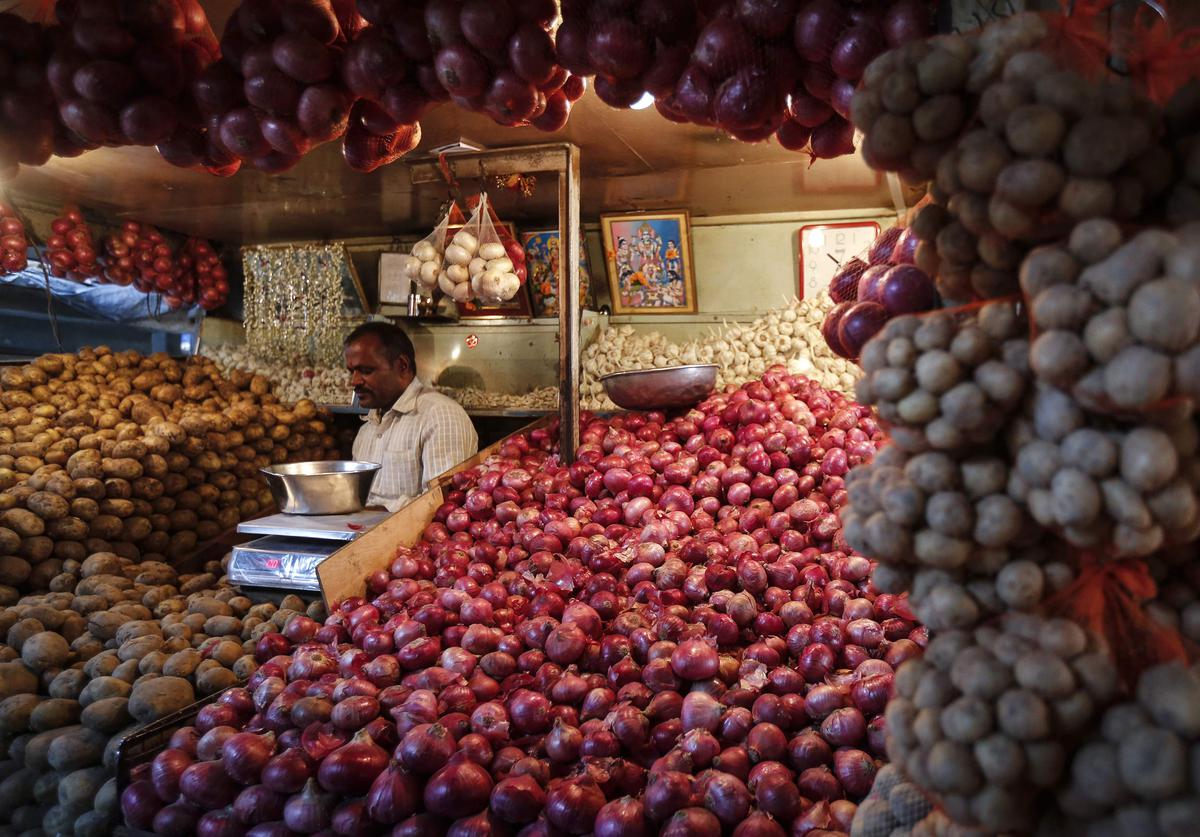While the cement sector had a successful year last year, with both capacity growth and utilization reaching all-time highs, demand is anticipated to decline in the current fiscal year. The business has performed well in recent years, helped by the growth in the housing and infrastructure sectors, which is one explanation for this unfavorable base impact.
Growth in demand is predicted to slow to 6-8%. Because of a slowdown in construction operations, demand would be muted in the first half of FY25, although it might pick up in the second half. There may be a cost associated with the general slowdown in company activity brought on by the general elections.
Regional price increases that had been implemented at the beginning of FY25 were reversed because of several factors, including low demand in April, the general elections, a labor shortfall, and a water crisis. Regarding prices, the first half of FY25 appears to have a muted outlook.
The sector was unable to withstand the price increase of approximately $10–$50 per bag at the beginning of the month due to a lackluster demand caused by the general elections, the water problem in Bengaluru, and labor scarcity. From November to March, prices fell for five straight months, reaching a three-year low at this point.
The latest quarter alone saw the commissioning of about 17 MT, bringing the total installed capacity to approximately 630 million tonnes annually (MTPA).
Following the general elections in Q1, construction activity slowed down. As a result, ICRA projects cement volumes to expand by 8–9% year over year to roughly 460–465 MTPA in FY25 as opposed to 9–10% growth in FY24.
Moving forward, demand may moderate to some extent in FY25. That being said, UltraTech Cement CFO Atul Daga stated, “We think the slowdown should be shorter than previous years, primarily because private sector housing has also picked up momentum.”
We will have enough capacity available this year to grow and maintain growth, even though we used 98% of our capacity during the January–March quarter. About 15–17 million tonnes should be added this year, Daga continued.

